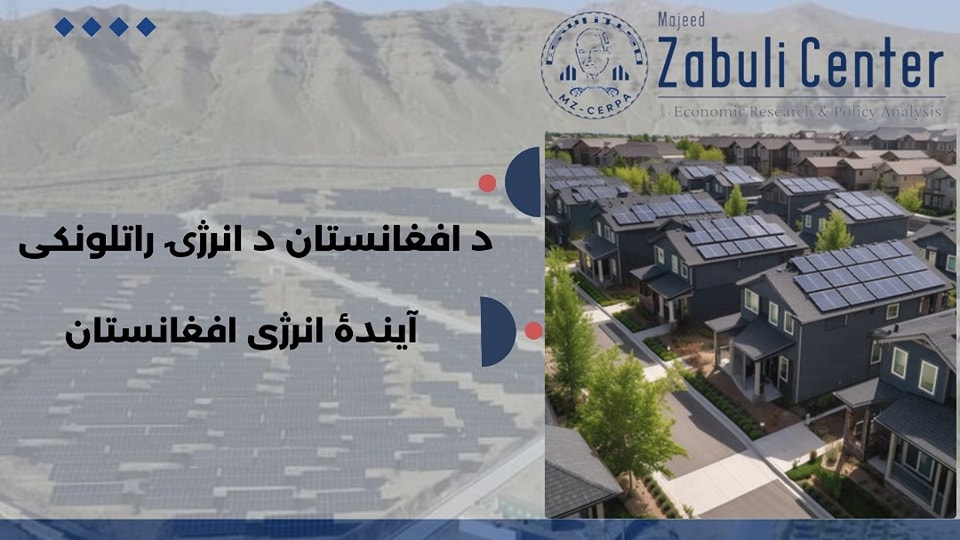19 Jan,26
Most Searched Keywords
04 Aug
The Future of Energy in Afghanistan: Developing Solar Projects and Learning from Australia’s Rooftop Systems

A 10-megawatt solar power project in Naghlu, located in Kabul province, was officially inaugurated yesterday (Saturday) by the Ministry of Energy and Water. This project was completed in just 10 months with a budget of $7.6 million and is expected to provide electricity to thousands of households, industrial parks, and hospitals in Kabul. It represents a significant step forward in Afghanistan’s efforts to expand its energy production using renewable sources.
Afghanistan has great potential for solar energy development due to its geographical conditions and high solar exposure. However, to take full advantage of this potential, the country must draw lessons from successful global experiences. One of the most effective examples is Australia’s rooftop solar system, which now supplies over 50% of the country’s electricity demand through solar energy. By adopting similar rooftop systems, Afghanistan can reduce electricity costs, increase energy accessibility for its people, and contribute to environmental protection.
Rooftop solar systems can significantly lower electricity bills for households and businesses, easing the financial burden on Afghan families and small enterprises. They also enable energy self-sufficiency by reducing the country's dependence on imported electricity and promoting domestic energy production. Furthermore, switching to solar energy helps decrease greenhouse gas emissions, leading to cleaner air and a healthier environment across the country.
To promote the use of rooftop solar systems in Afghanistan, the government can introduce supportive policies such as offering financial subsidies and tax exemptions for installations. Public awareness campaigns can help educate citizens about the long-term economic and environmental benefits of solar power. Making it easier to connect rooftop systems to the national electricity grid and allowing households to sell surplus electricity can further encourage adoption. Access to small loans or financial support can also help families and small businesses invest in solar technology.
The launch of the Naghlu solar project marks an important beginning in Afghanistan’s journey toward renewable energy development. By learning from successful models like Australia’s, Afghanistan can work toward a more sustainable, self-reliant, and energy-secure future.
